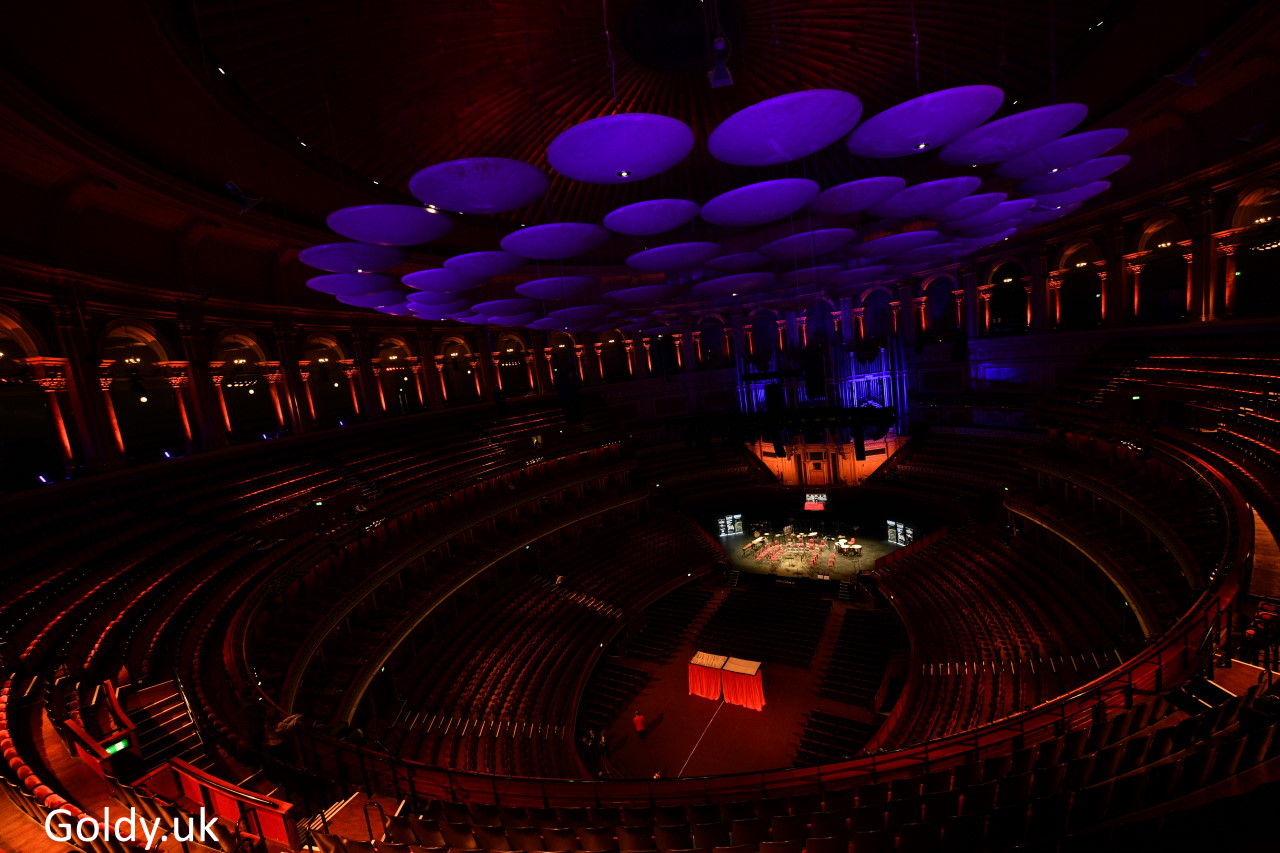
What future for our iconic event?
What does the future hold for the National Championships at the Royal Albert Hall?
The start of a new era or the beginning of the end of an old one?
Rose-tinted nostalgia
For those who recall through the optics of rose-tinted nostalgia the halcyon days when tickets touts in mackintosh coats were able to ply their lucrative trade on the steps of Kensington Gore, the memories grow ever more distant by the year.
The immediate impression left on the mind’s eye on Saturday morning was of a trickle rather than tidal wave of customers waiting patiently for the doors of the hall to open.
For those who recall through the optics of rose-tinted nostalgia the halcyon days when tickets touts in mackintosh coats were able to ply their lucrative trade on the steps of Kensington Gore, the memories grow ever more distant by the year.
Inside there was no scrum for study scores and commemorative programmes, or the sound of the friendly multi-lingual jostle (the welcome European visitor numbers were also markedly down) to race up the stairs to get seats and soak up the atmosphere before the first band took to the stage.
Fragile confidence
Fragile consumer confidence for contesting – and especially in the heart of London on a weekend when Covid-19 case figures remained disturbingly high, the fuel crisis caused travel havoc and the London Marathon had hiked hotel prices, had decimated ticket sales.
It amounted to a perfect storm of trouble.
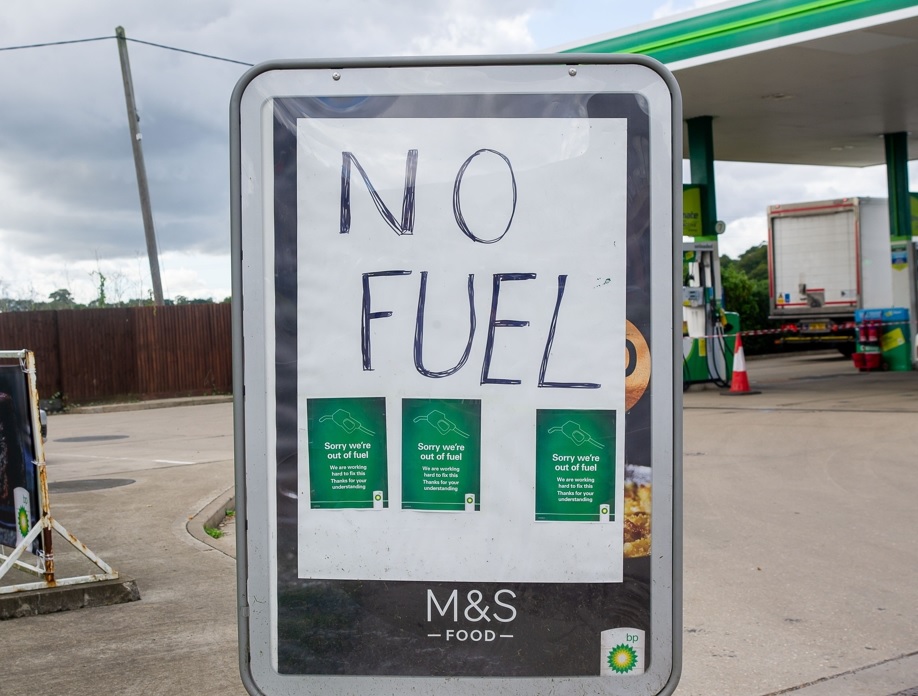
Nothing left in the tank?
Although difficult to make an exact calculation on numbers amid the sea of empty red seats, an optimistic figure was around the 1000 - 1200 mark.
The auditorium echoed rather than thundered with applause, even when the best bands produced thrilling performances of Bruce Broughton’s accessible set-work.
Rock and a hard place
Hosting the contest had placed Kapitol Promotions Ltd between a huge rock and a very hard place.
Put it on and risk a huge financial hit - or cancel it and wait another year by which time the post-Covid arts financial landscape may become even worse than it already is.
In the event they took the brave decision to put it on. It was to their immense credit that they did.
In the event they took the brave decision to put it on. It was to their immense credit that they did.
Swallowed up
The test-piece selection worked (it would be great to hear another composition from Mr Broughton’s pen though), and the backstage organisation was very professional. And whilst the pre-results concert seemed a little dated, it did offer a chance for people to relax and chew over their contest thoughts and opinions with friends.
However, although bolstered in part by the safety net of the £50,000 Culture Recovery Fund award they received in April, that ‘hit’ would have surely swallowed up a great deal if not all and more of any balance they could have utilised.
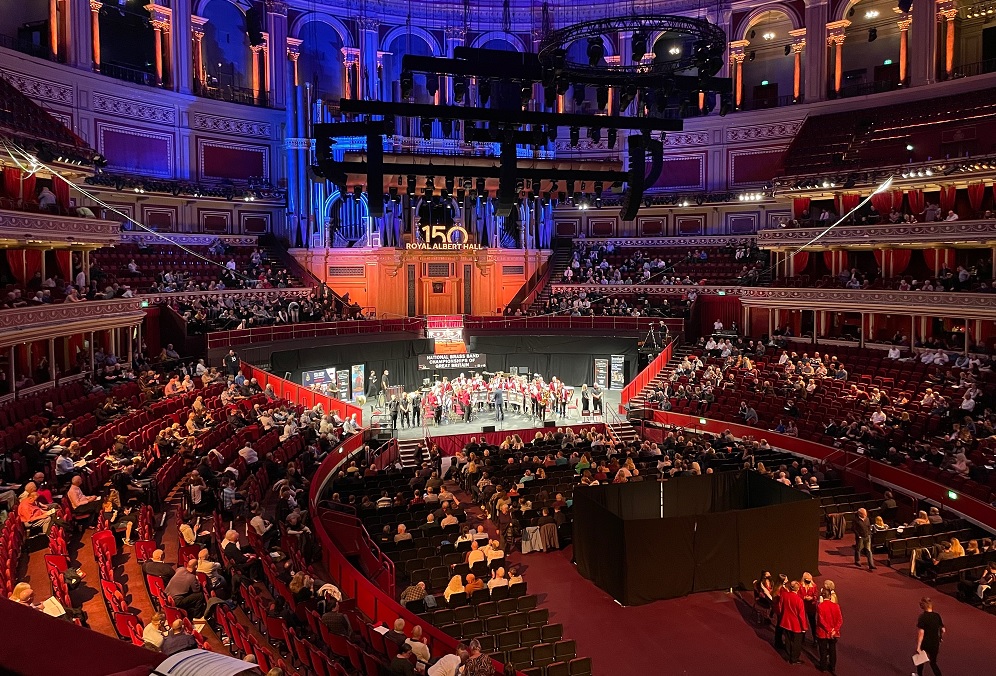
A sign of the current times?
Ravenous bite
You have to sell a lot of tickets to cover the ravenous financial bite the Albert Hall allegedly takes from each chunk of the action; from the upfront hire fee to the salami slice from ticket and merchandise sales.
Then there are the visible and invisible extras that come with organising a major national competition – from printing to event management costs. The Albert Hall contest hasn’t been a milkable dividend cash-cow for many a year now, despite what many people may believe.
How Kapitol can persuade at least another 1500 people to return to the contest in future as paying customers is a matter of concern for us all.
How Kapitol can persuade at least another 1500 people to return to the contest in future as paying customers is a matter of concern for us all.
Covid has changed both audience decision making towards attending live events (especially ones that take over 8 hours to complete) as well as their listening behaviour whilst they are there.
A more compact contest with fewer bands playing two works rather than one may be a solution?
Contest registration
That at present you imagine will be given little thought by those who took to the stage to perform.
What did on the day however was the question of contest registration – or not as was the case with Carlton Main Frickley Colliery Band.
The future of a sustainable National Championship series is inextricably linked to a modernised, technically robust and relevant registration system – one that gives confidence to both organisers and participants alike.
The future of a sustainable National Championship series is inextricably linked to a modernised, technically robust and relevant registration system – one that gives confidence to both organisers and participants alike.
The raw emotions that surrounded the ‘disqualification’ circumstances certainly confirmed the need for a cool-headed response following the outcome in respect to this contest.
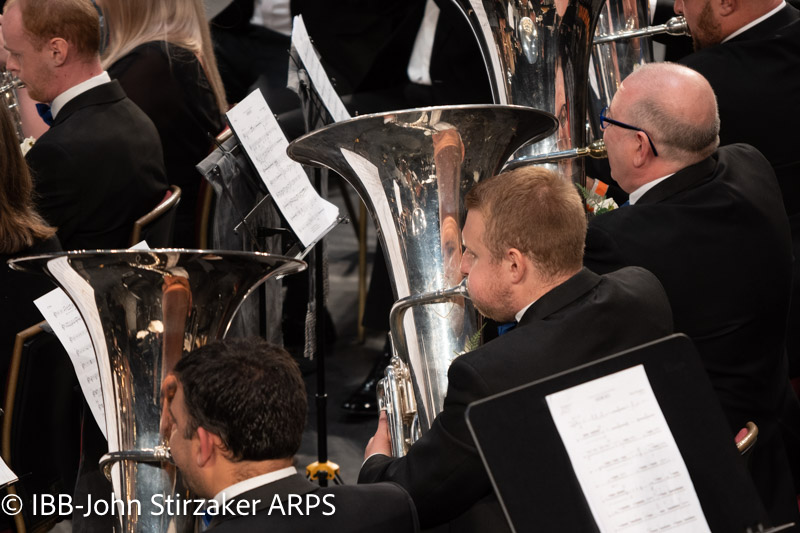
Carlton Main took to the stage but were later disqualified
Funding base
Individualising, democratising and monetarising it could provide Kapitol Promotions and the banding movement with a funding base that could enable both the Area events and Finals to reflect as well as invest in the current UK banding movement.
It will also give the bands the confidence that it would work for their benefit too.
Whether or not the will is there to argue for such a revolutionary funding model that gives direct access and franchise to players to mould the future of an event that should be run by a private company is a hard sell.
Whether or not the will is there to argue for such a revolutionary funding model that gives direct access and franchise to players to mould the future of an event that should be run by a private company is a hard sell.
Unless there a well-meaning philanthropist or generous commercial sponsor who will to subsidise the current financial model (and costs will surely increase dramatically in the years to come), it offers perhaps the only way the entire qualification series let alone the Cheltenham and Albert Hall events can proposer.
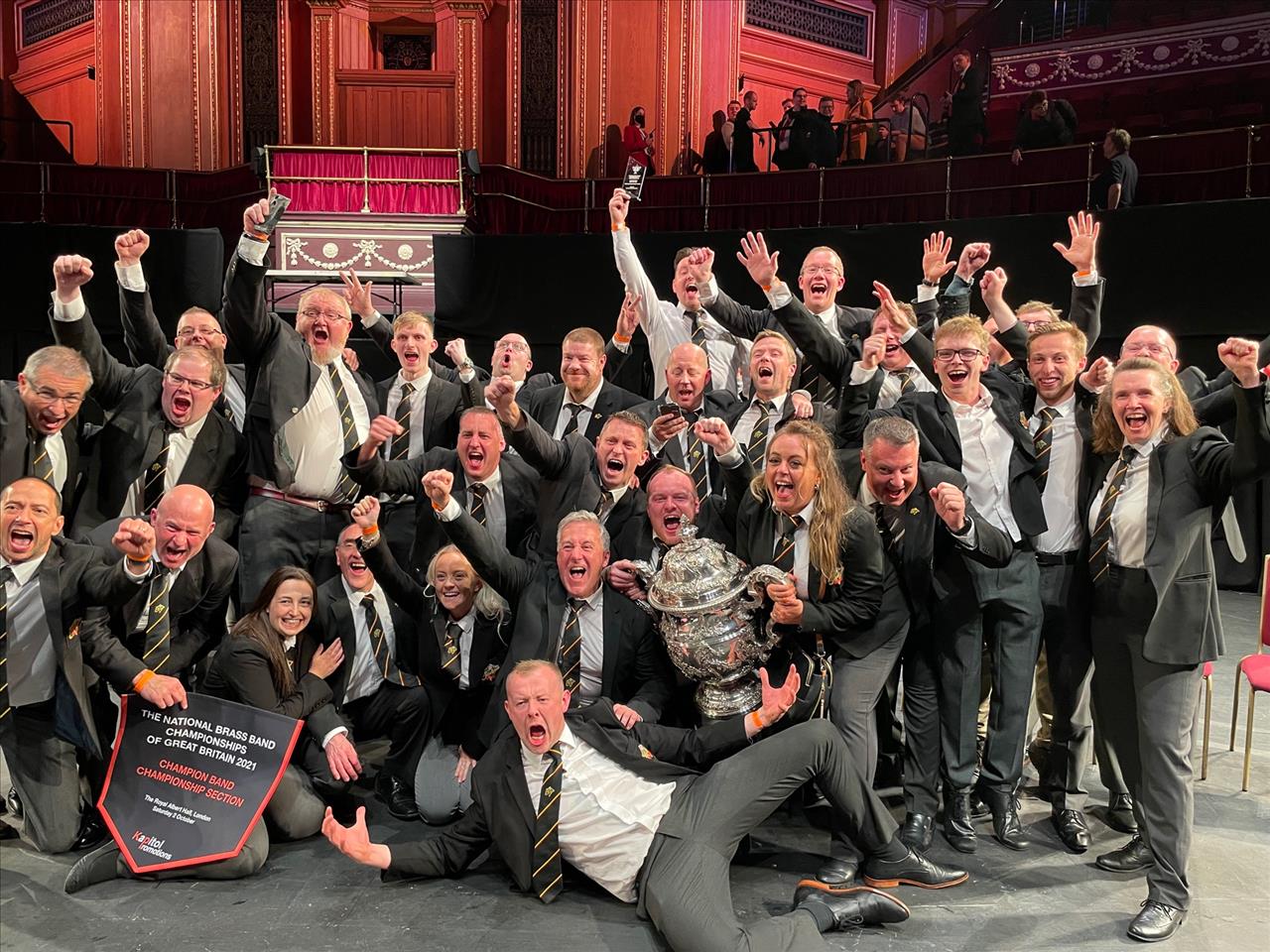
Could these celebrations take place at a diferent venue in future?
Other ideas are of course well worth investigating, but anyone who thinks livestreaming the Albert Hall contest to a worldwide paying audience offers a solution is living in a fantasy land every bit as unachievable as a return to the sepia tinted days of ticket touts and cheap beer prices in the Grand Tier bars.
Catalyst
And whilst taking the event away from London’s most iconic concert venue would for many be the ultimate signal of brass banding’s decline, for others it could well provide the much needed catalyst for long term change.
Is a future based at the Royal Festival Hall complex on the Southbank (2,700 capacity) alongside its other halls and other section finals on the same weekend for instance, a possibility?
For the time being 2022 has been booked for the 15th October – although 2023 is yet to be confirmed.
By then hopefully we will have started to live with the inconveniences Covid-19 brings to our lives and leisure time activities in a way that allows us to enjoy major contesting events in ever greater numbers.
If so, those would be the future memories we would all love to recall for generations to come - and at the Royal Albert Hall too.
Iwan Fox













